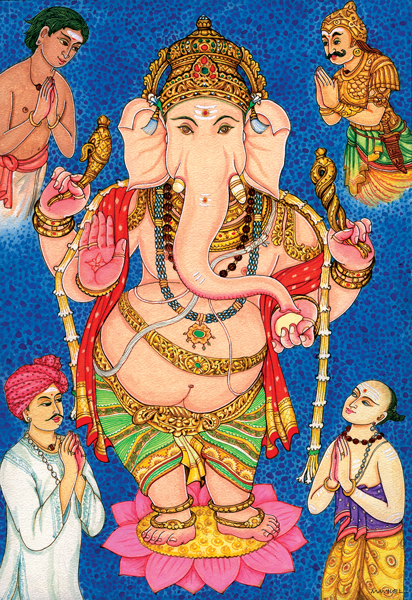 |
| Third review - Production circa 2025 |
I tend to like incense made by Satya. Generally well made with decent ingredients, and an interesting range of scents to choose from; many of which are quite original and exciting, such as this Natural. People who have been reading the wrong blogs and forums, and so dismiss Satya out of hand based on false rumours, or a naïve and gullible assumption that expensive = good quality, while inexpensive = poor quality, should open their minds a little and explore what Satya really has to offer. Bear in mind that economies of scale plus efficiency and experience, along with an established and successful market base, can result in some very affordable good quality incense.
The scent on the stick is hugely inviting. Sandalwood, resin, vanilla, and honey are the predominant notes. Some little citric nips of jasmine add interest and counter-point. There's a sweet sense of caramel and a slight nudge of farmyard, which contrasts and lifts the overall sweetness into something quite serious and sublime.
The scent on the burn diffuses fairly generously with strong notes of sandalwood and caramel, though also a slight sense of MDF wood being cut too quickly - that tang of scorched white wood. Is that scorched wood an off-note, or does it add something to the overall accord? I'm unsure, but once I focus on it, I can't quite shift from it. I really like the sweet notes, and the general sense of clean fragrant wood, and I welcome the sharper, slightly acidic notes, the scorching wood, and the hint of citric jasmine, though I'm not sure how much I like them by themselves. Within the general scope of the fragrance accord, it works, but if I pay too close attention to it, I'm uncomfortable. There's some notes like warm wool, which I associate with halmaddi, though those scent notes may come from something else. On the whole I really like this incense. It's warm, fragrant, and comforting, with some gourmand qualities that make it quite delicious. The sharper notes, though useful in balancing the sweeter notes, are, for me, by themselves a distraction which keeps me from flying off into raptures about this incense, and giving it the really high scores. A different choice of top notes, less acidic perhaps, might have worked better for me, but others may enjoy the cutting and invigorating sharpness. Anyway - a damn fine incense.
Date: Nov 2025 Score: 42
 |
| Second review - Production date not recorded |
Satya are among my favourite incense makers, so it is always nice to return them now and again - especially to an old favourite like the Natural. This is a soft, relaxing, woody sandalwood, slightly sweet, with some coconut and some vanilla tones, and a whiff of honey. It is a gentle, background incense, that slowly informs and warms a room without being rude or intrusive. It comes in and leaves behind a warm, beguiling and, well, yes, "natural" aroma of ancient promise and delight. Fragrant wood is the heart of this, and so there is a sombre feel to it. Useful for giving a subtle refined woody depth to a room. This is an evening scent. I like it.
Date: March 2017 Score: 40
 |
| First review - Original Satya company - pre-2014 |
15g pack of Satya Natural bought on Brick Lane for £1 while out with my daughter. Hand rolled around a yellow dyed bamboo stick by the Shrinivas Sugandhalaya company, makers of Nag Champa and Superhit. The aroma out of the box is divine. Very fruity with a sandalwood perfume. Light and heady and very yummy, quite edible. Vanilla, egg custard tart, cinnamon bread, raspberries - all natural aromas which are compelling and seductive. There are citric notes, a bit of pine, and some eucalyptus. When lit, the initial aroma is of the base sandalwood. A warm, earthy aroma - quite light. And then a gradual aroma of late summer - hedgerow fruits, burning leaves, warm hay in the barn. And then comes the sharper, more elegant, more perfumey notes. The overall impression is of a warm, summer evening, with a heady sweetness in the air. The aroma is calming, cleansing, elegant and seductive all at once.
This is a very, very attractive perfume of the highest quality. All the ingredients are clearly natural, and the sticks have been hand-rolled. The stick burns evenly and slowly, offering excellent value for money.
The Shrinivas Sugandhalaya company was founded in 1964 by Shri Satyam Setty from small premises in Mumbai.
It has expanded to employing approximately 2,500 workers in manufacturing facilities in Bangalore and Mumbai, and since the death of Setty in 2000, the company has been run by his two sons.
Date: April 2013 Score: 42
***









































